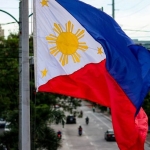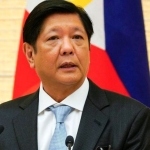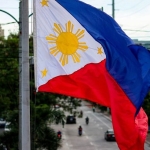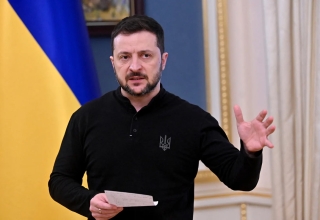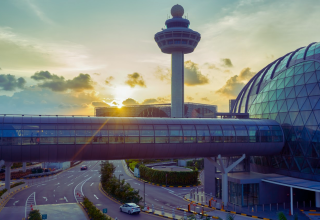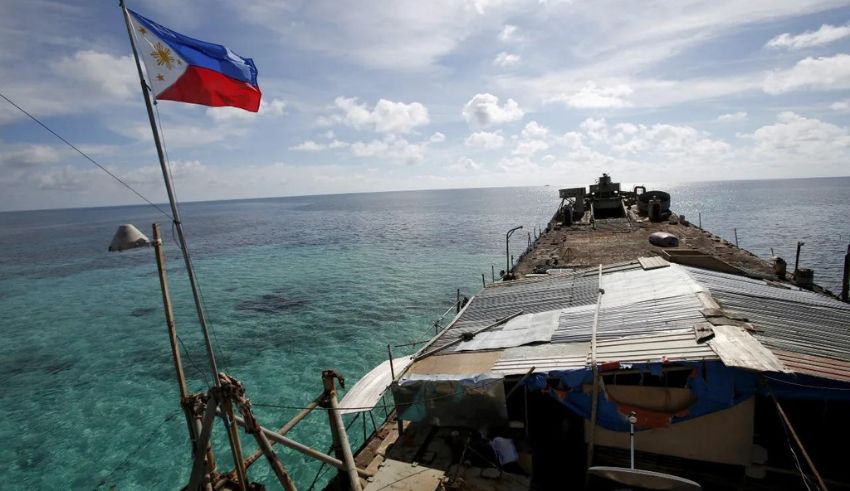
The Philippines, a Southeast Asian nation that claims part of the South China Sea as its exclusive economic zone (EEZ), has been at odds with China, a regional power that asserts sovereignty over almost the entire sea, for decades.
The maritime dispute has intensified in recent years, as China has increased its presence and activities in the disputed waters, such as building artificial islands, deploying military and paramilitary forces, and harassing Filipino fishermen and vessels. The Philippines, however, has not remained silent or passive, but has exposed China’s illegal activities in the West Philippine Sea, the name it uses for its EEZ, through media and diplomacy.
The Media Strategy
The Philippines has used the media as a tool to inform and influence the domestic and international public opinion on the West Philippine Sea issue, and to challenge and counter China’s narrative and propaganda. The Philippines has adopted the following media strategies:
Embedding journalists and reporters on its maritime patrols and flights, to provide firsthand and accurate accounts and evidence of China’s presence and activities in the West Philippine Sea, such as the swarming of Chinese vessels near the Whitsun Reef, the harassment of Filipino boats near the Scarborough Shoal, and the intrusion of Chinese warships near the Thitu Island.
Releasing photos and videos of China’s activities in the West Philippine Sea, to show the extent and impact of China’s encroachment and aggression on the Philippines’ sovereignty and rights, such as the destruction of the marine environment, the depletion of the fishery resources, and the endangerment of the Filipino lives and livelihoods.
Publishing statements and commentaries on the West Philippine Sea issue, to articulate and defend the Philippines’ position and interests, and to expose and criticize China’s violations and falsehoods, such as the rejection of the 2016 arbitral ruling that invalidated China’s claims, the denial of the existence of the Chinese maritime militia, and the justification of the Chinese coast guard’s use of force.
Keep Reading
The Diplomatic Strategy
The Philippines has also used diplomacy as a tool to engage and cooperate with the regional and international actors on the West Philippine Sea issue, and to seek and secure their support and assistance. The Philippines has adopted the following diplomatic strategies:
- Filing diplomatic protests and notes verbales against China, to express and assert the Philippines’ sovereignty and rights in the West Philippine Sea, and to condemn and demand the cessation of China’s activities in the disputed waters, such as the illegal presence and activities of Chinese fishing, maritime militia, law enforcement, and military vessels.
- Participating in multilateral forums and mechanisms, such as the Association of Southeast Asian Nations (ASEAN), the United Nations (UN), and the Quad (Australia, India, Japan, and the US), to raise and discuss the West Philippine Sea issue, and to promote and uphold the rule of law, the freedom of navigation, and the peaceful resolution of disputes in the South China Sea.
- Strengthening bilateral relations and partnerships with other countries, such as the US, Japan, Australia, and India, to enhance and expand the Philippines’ capabilities and capacities in the West Philippine Sea, and to receive and solicit their political and military backing and assistance, such as joint exercises, patrols, and training, and provision of equipment and intelligence.
The Philippines has exposed China’s illegal activities in the West Philippine Sea through media and diplomacy, as part of its efforts to protect and assert its sovereignty and rights in the disputed waters, and to counter and deter China’s encroachment and aggression. The Philippines has also sought and gained the support and assistance of the regional and international community, as part of its efforts to uphold and enforce the rule of law, and to maintain and preserve the peace and stability in the South China Sea.
